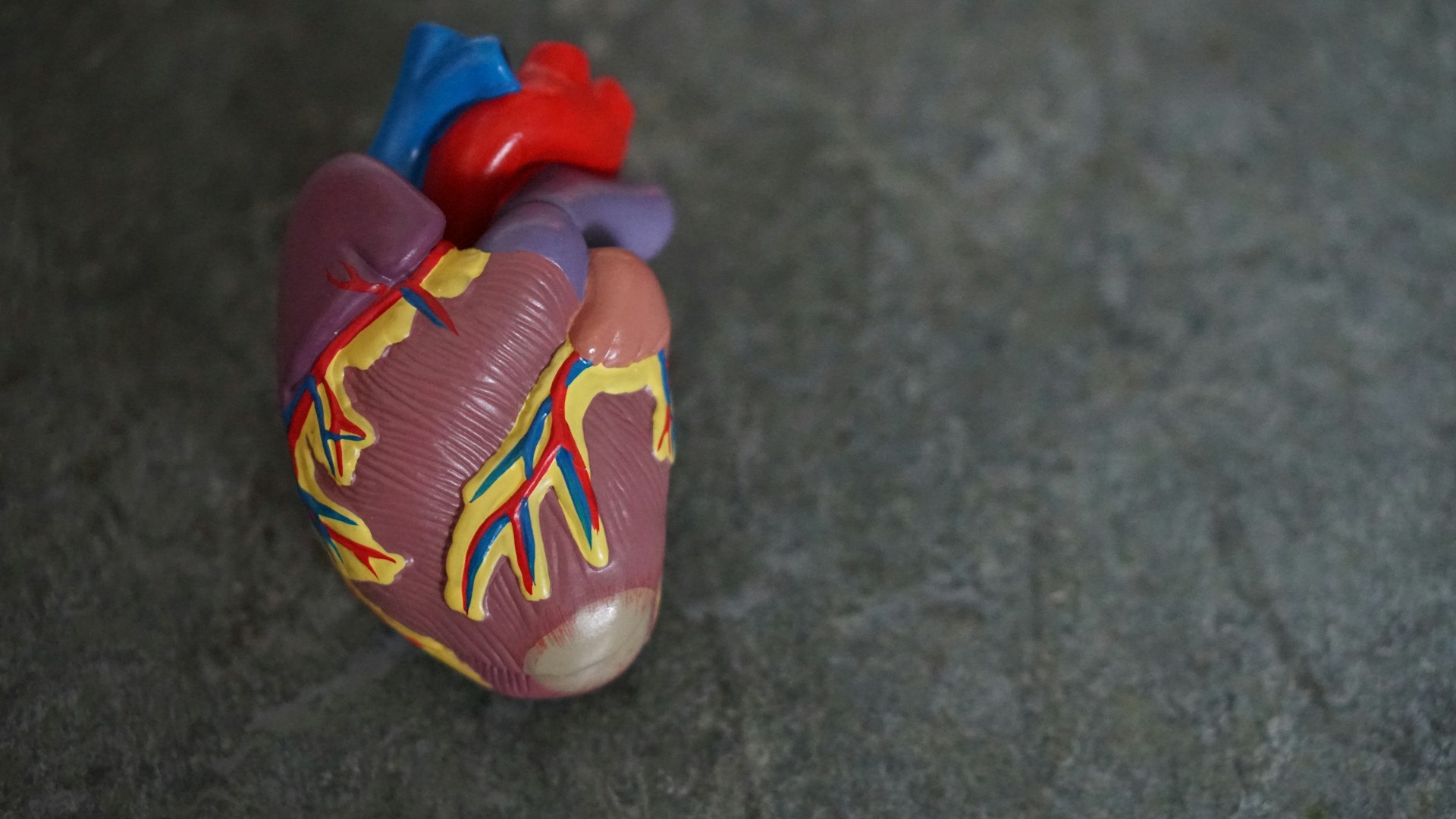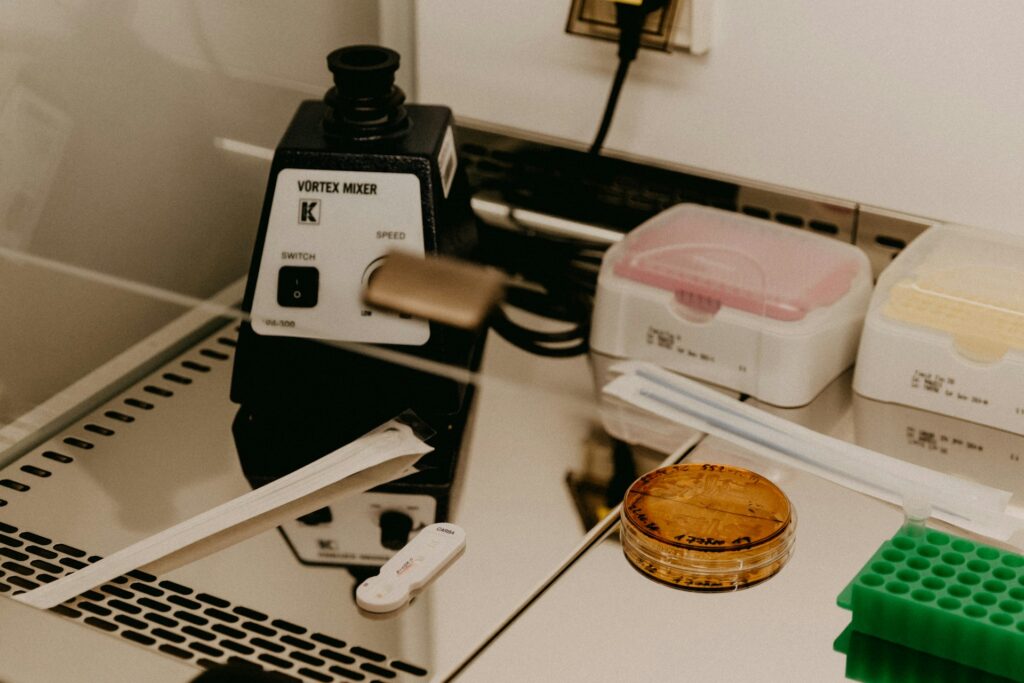Researchers at the University of British Columbia Okanagan (UBCO) have unveiled new heart valve technology that could improve treatments for patients needing valve replacements. Named the “iValve,” this technology combines the long-lasting durability of mechanical valves with the increased performance of tissue based ones.
Dr. Hadi Mohammadi, who leads the Heart Valve Performance Laboratory at UBCO, described the significance of this breakthrough.
“We have produced a new mechanical heart valve that offers the performance of tissue valves with the long-lasting durability of mechanical valves. We believe this valve could make life easier and safer for patients,”
Currently, patients with mechanical heart valves often require lifelong anticoagulant therapy to prevent blood clots, while those with tissue valves face the prospect of multiple surgeries, as the valves usually need to be replaced every 15 to 20 years. The iValve addresses both of these issues.
“This could be a game-changer,”
added Dr. Dylan Goode, a key researcher on the project.
“It combines the best of both technologies and provides improved hemo-dynamic performance, meaning it helps blood flow more efficiently through vessels”
The iValve was created and designed specifically for high-heart-rate applications, such as in pediatric patients, where the current options are limited. This makes the innovation particularly hopeful for treating children with heart defects.
“What is particularly exciting about the iValve is that it was designed for pediatric patients, where the need for long-lasting, efficient valves is critical,”
Dr. Mohammadi explained.
The project has been made possible through collaboration with ViVitro Labs and funding from Angeleno Medical. ViVitro Labs has played an important role in testing the iValve’s performance in mechanical tests, which showed good results. If the iValve passes the next stages of animal and clinical trials, it could be available within two years.
The iValve is set to move closer to clinical use, it could offer a a genuine viable alternative to mechanical and tissue based valves, improving both the lifespan and quality of life of the patients who will use them.

Hassan graduated with a Master’s degree in Chemical Engineering from the University of Chester (UK). He currently works as a design engineering consultant for one of the largest engineering firms in the world along with being an associate member of the Institute of Chemical Engineers (IChemE).



